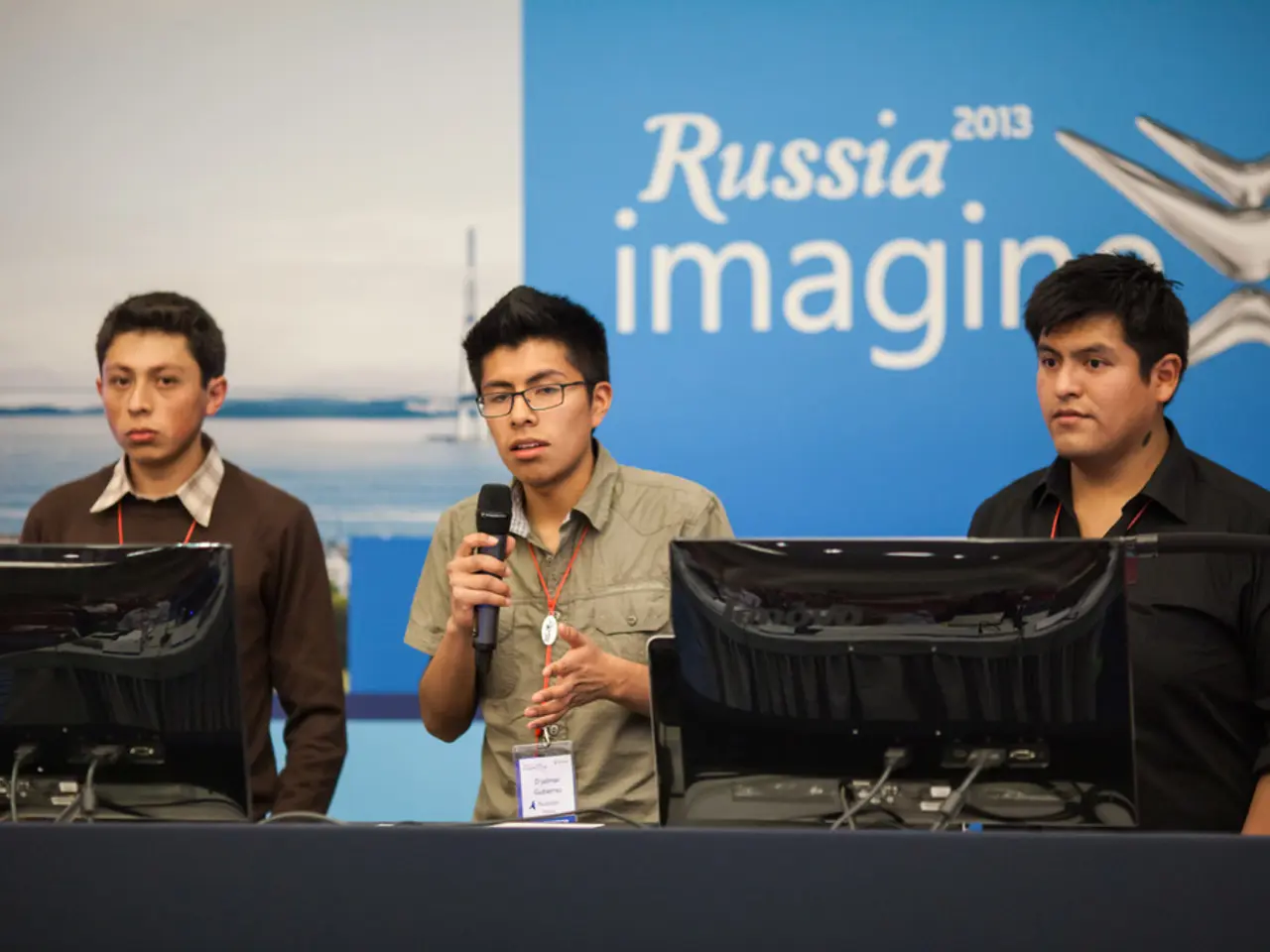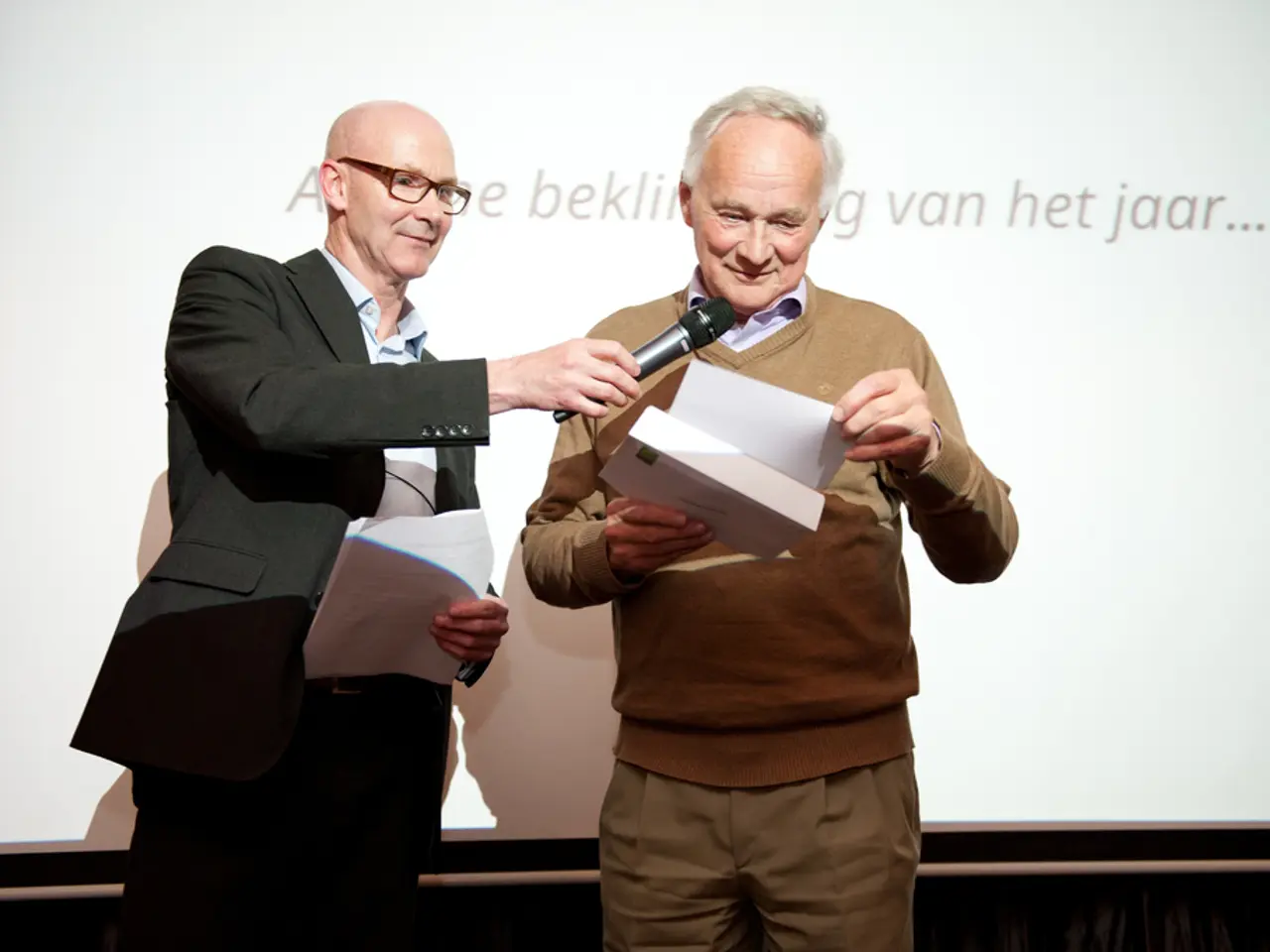Directive given to devise limitations on communication services from adversarial nations, per Putin's orders
In a move to reduce reliance on foreign software, Russian President Vladimir Putin has ordered additional restrictions on software and communication services, including messengers, developed in so-called "unfriendly" foreign countries. The new measures, set to come into effect by September 1, 2025, focus on restricting foreign messaging apps and communication services, reflecting concerns over security and control over digital communication within Russia.
The latest updates reveal that these restrictions are part of Russia's broader strategy to limit the use of foreign software in critical sectors, following previous bans especially impacting government and infrastructure use. The emphasis on foreign messaging apps and communication services underscores the Russian government's determination to safeguard its digital sovereignty.
Telegram, a widely used messenger in Russia but developed outside Russia, could potentially face added regulatory pressure or limitations under these new restrictions. Although no specific updates on Telegram have been detailed yet, the general crackdown on foreign communication services suggests that Telegram’s operations in Russia may be subject to further scrutiny or limitations under the September restrictions.
Meanwhile, Pavel Durov, the founder of Telegram, has denied reports about the messenger service leaving Russia. His statement implies that these reports may be part of a targeted campaign to discredit the messenger, but does not provide any new information about the proposed restrictions on software and communication services from unfriendly foreign states in Russia. The denial by Durov does not clarify whether Telegram will be affected by the proposed restrictions.
The proposed restrictions will apply to software and communication services produced in unfriendly foreign states and are intended for Russia. These efforts come amid ongoing geopolitical and technological tensions, mirrored by additional EU sanctions against Russia with broad technology bans around the same period. The deadline for the presentation of these proposals is September 1, 2025.
For over 12 years, Telegram has defended the right of people to private life and free access to information. The messenger service has been a popular choice for Russians due to its strong encryption and commitment to privacy. As the deadline for the presentation of the proposed restrictions approaches, it remains to be seen how these new measures will impact Telegram and other foreign-developed communication services in Russia.
- These new restrictions on foreign-developed software and communication services in Russia, part of the country's broader strategy, are expected to include added regulatory pressure on widely-used messengers like Telegram, reflecting policy-and-legislation in the realm of politics.
- The proposed policy-and-legislation set to be enacted by September 2025, focusing on foreign messaging apps and communication services, may lead to general-news updates about potential limitations for Telegram and other similar services, creating concern amidst ongoing geopolitical tensions.







